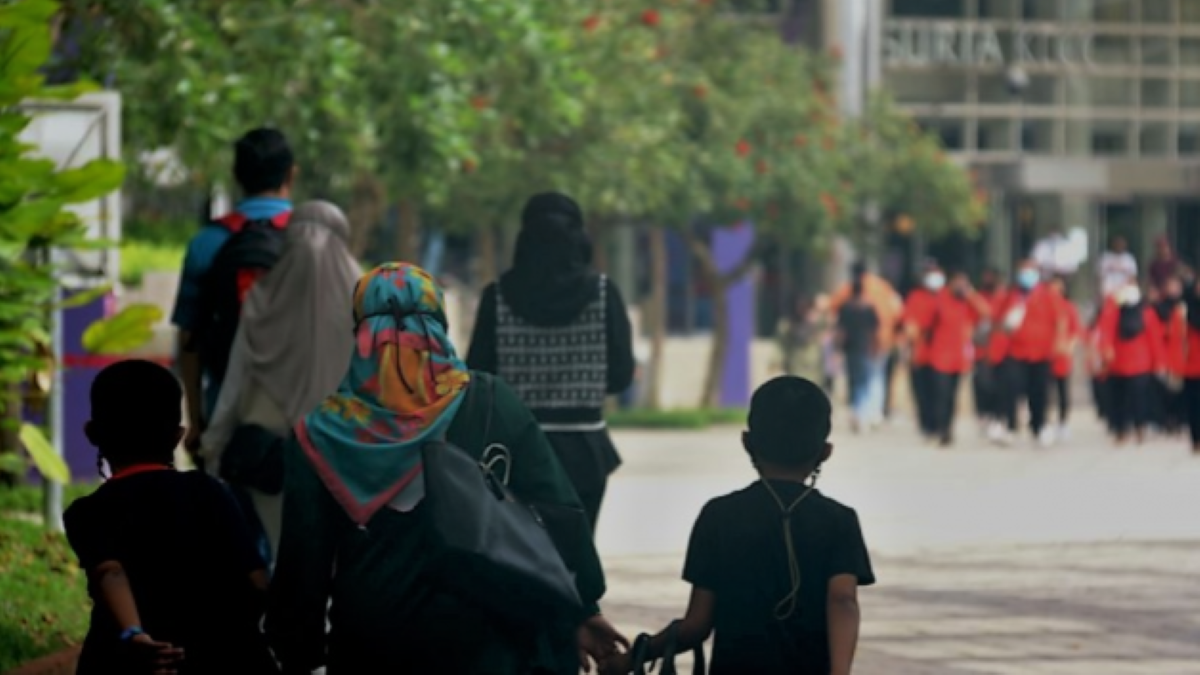Malaysia Population Research Hub

Malaysia has achieved most of the goals set in the ICPD-PoA over the past twenty years. However, challenges remain. Due to the unprecedented rapid decline in fertility, Malaysia is currently experiencing structural changes in its population structure. We are constantly assessing the changing socio-economic conditions, and the needs of the people and the nation. Malaysia continues to implement policies and programs to address emerging issues and challenges, such as harnessing young people as human capital for development, the needs of the family, adolescent sexuality, population ageing and the needs of older people, and fertility decline which will have profound effects on the nation’s population size and composition.
Malaysia’s total population is projected to increase from 31.1 million in 2015 to 36.8 million in 2030, growing at an average annual growth rate of 1.3 per cent. In 2015, young people make up 25.4 per cent of total population and it is projected to decrease to 22.5 per cent in 2030. The proportion of those aged 60 and above in 2015 is 9.1 per cent and is projected to reach 13.6 per cent in 2030. The average life Malaysia’s total population is projected to increase from 31.1 million in 2015 to 36.8 million in 2030, growing at an average annual growth rate of 1.3 per cent. In 2015, young people make up 25.4 per cent of total population and it is projected to decrease to 22.5 per cent in 2030. The proportion of those aged 60 and above in 2015 is 9.1 per cent and is projected to reach 13.6 per cent in 2030. The average life expectancy at birth in 2015 is 73.5 years for males and 78.2 for females and is projected to increase to 75.3 years and 79.8 respectively by 2030. Malaysia’s total fertility rate has been declining quite rapidly from 4.0 in the early eighties to a replacement level fertility of 2.2 in 2012, lt is projected to decline to 1.97 in 2015 and further decline to 1.79 in 2030.
The changing age structure and the decline in fertility need to be addressed to ensure sustainable growth and development. Plans and strategies for access to quality education, healthcare and relevant social services are required to fully harness the potential of the growing population. Economic development and plans based on sustainability principles will ensure that the environment and natural resources are preserved so that growth will not come at a cost to future generations. The decline in fertility and greater longevity has significantly changed the Malaysian demographic situation. It is projected that Malaysia will have ageing an ageing population by the year 2035. The National Policy for the Elderly and ist accompanying Plan of Action, the National Health Policy will ensure the older persons have the rights to enjoys a good quality of life and care.
Malaysia has pledged to address extreme poverty, child and maternal mortality, HIV and AIDS, universal primary education, gender equality, environmental sustainability and a global partnership for development. To honour these pledges, Malaysia is undertaking measures to address the challenges that economic development poses on key environmental goods such as access to clean water, energy from renewable sources, pollution and diseases free living conditions, rich soil for agriculture, biodiversity and substantial investment in education, science and technology. We are also addressing the challenges of emerging issues including waste management in the context of rapid urbanization, disaster risk management in the face of climate change, the rise in both communicable and non-communicable diseases, the need to achieve food security, and the development of solar and bio-fuels.
Malaysia has articulated its commitment in implementing sustainable development in its development agenda through its five-year development plans. The implementation of sustainable development is supported by strengthening our national framework, formulation of national policies, and implementation of specific programmes to steer Malaysia towards sustainable development. Malaysia fully endorses the need for more partnerships and cooperation in the post-2015 development agenda. What is crucial now is the pooling together of all the knowledge and practice into a coherent framework and this will require a multi-faceted approach to ensure the active, full and meaningful engagement of all stakeholders. Malaysia is closely monitoring the developments and discussion on the post-2015 development agenda. Malaysia believes that the post-2015 development agenda should integrate existing international commitments and outcomes of UN conferences and deliver on equity, social inclusion, decent work, and sustainable livelihoods.

Download: Popinfo Issue 2 /2015